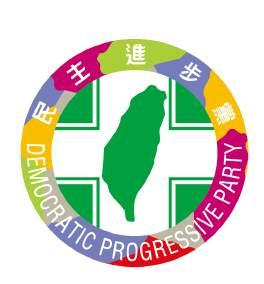B U L L E T I N
Democracy responds better to the pandemic More than one year into the pandemic, much of the world were still searching for ways to deal with the health crisis efficiently and effectively. And so for about a couple of hours one day in April, CALD sat down with its friends across the seas to share experiences and compare what they had learned so far in dealing with COVID-19. The online conference, which took place on April 28 in Latin America and April 29 in Asia, had the theme “Lessons Learned and Ways Forward: Latin America and Asia.” Moderated by Mexican journalist Sergio Sarmiento, the event was spearheaded by Red Liberal de America Latina (RELIAL) and supported by CALD and FNF.
Through the discussions, a contrast between democratic and populist governments in terms of COVID-19 response was noted. “The worst outcomes are seen in countries which have populist regimes,” said former Mexican Health Secretary Julio Frenk. He said that this was because populist governments undervalue expertise, undermine science, and politicize behavior to sow division in society. The other speakers in the online event echoed this observation. According to Ching-Yi Lin, Taiwan’s Ambassador at Large, her country’s success in addressing the pandemic could be explained partly by the government’s
emphasis on the transparency of information, which in turn resulted in effective communication and public cooperation in the government’s pandemic response. South Korea was another democratic country that had performed quite well in terms of containing the spread of the coronavirus. Dr. Taewook Huh of Gyeongsang National University, however, said that the country must do more in terms of addressing the economic dislocation caused by the pandemic. South Korea’s self-employed, for one, were hit hardest by the crisis, and they constitute a quarter of the country’s working population – – one of the highest percentages among OECD nations.
STILL IN SEARCH FOR A GLOBAL STRATEGY The evolving nature of the COVID-19 pandemic has made most countries realize that no one is safe until everyone is safe. But as countries across the world continued to slog through the second year of the health crisis and its many consequences, there was still no global strategy in sight to address it. “What the pandemic has done, clearly, is that it has emphasized the failure of multilateral institutions and arrangements to make an appropriate response at the global or international level,” said Abhisit Vejjajiva, former Thai premier and former CALD Chairperson. “While everybody seems to recognize the fact that no country is safe unless everybody is made safe…,
66
there was never any attempt to distribute the vaccines in a way that would have the strongest and the most efficient impact on reducing the pandemic around the world.” This seeming failure of multilateralism was also emphasized by Florencio ‘Butch’ Abad, former Philippine Budget Secretary and also former CALD Chairperson. “We do need a new model of multilateralism as an international platform to restore global security using a global public health strategy with the vaccine as the decisive weapon,” he argued.








